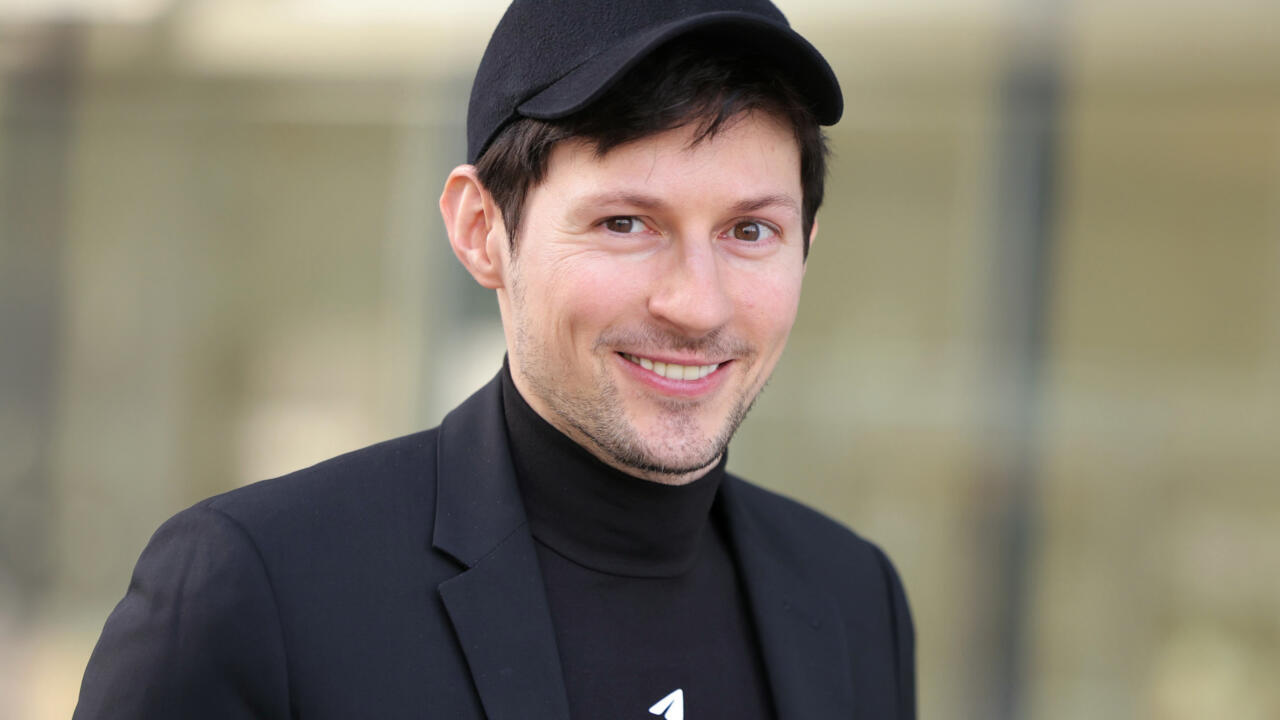Pavel Durov, the founder of the popular messaging platform Telegram, has been granted permission by French authorities to temporarily leave the country, according to sources close to the matter. This development follows a period of intense legal scrutiny surrounding the tech entrepreneur, but it remains unclear what prompted the authorities to lift the restrictions on his movements.

Durov, a Russian-born entrepreneur known for his outspoken stance on privacy and free speech, had been residing in France for the past several months. His departure comes amid mounting pressure from both international and domestic legal bodies, and it is not known whether the move is related to ongoing investigations or other legal matters.
Legal Scrutiny on Telegram
Telegram, which has become one of the world’s most widely used messaging platforms, has often found itself at odds with governments over its policies regarding privacy and encryption. The platform, which allows users to send messages, make voice calls, and share files securely, has been a popular choice for individuals and groups seeking to avoid government surveillance.
In recent years, Telegram has been banned or restricted in several countries, including Russia and Iran, due to its refusal to provide authorities with encryption keys and backdoor access to user data. Durov, who has repeatedly stated his commitment to protecting user privacy, has faced increasing pressure from various governments to comply with legal demands related to data access.
While sources did not provide specific details on the nature of Durov’s legal situation in France, his temporary leave could indicate a resolution or pause in the ongoing legal proceedings.
A Temporary Leave
The temporary leave granted to Durov by French authorities is said to be conditional, with the founder required to return to the country at a later date for further legal proceedings. French authorities have not provided any official comment on the matter, and it remains uncertain whether Durov will be allowed to travel freely or if there will be any additional restrictions placed upon his movements upon his return.

“It’s not unusual for authorities to grant temporary leave to individuals under investigation or involved in legal matters,” said legal expert Isabelle Laurent. “However, it’s rare for such permissions to come with little explanation, which has led many to speculate about the specific nature of Durov’s case.”
Telegram’s Role in the Digital Landscape
Founded in 2013 by Pavel and his brother Nikolai Durov, Telegram has grown into one of the most significant global communication tools, boasting over 700 million active users as of 2025. The platform is particularly popular among those seeking to avoid surveillance and censorship, with its end-to-end encryption ensuring that messages remain private.
While Telegram has faced criticism for its use by extremist groups and its reluctance to impose stringent content moderation policies, the company has consistently maintained that it prioritizes user freedom and privacy. Durov, who has been vocal in his criticism of governments’ attempts to stifle free speech, has said that he would not compromise on these values.
As Telegram continues to grow, its founder’s legal challenges have drawn attention to the larger debate over digital privacy, government oversight, and the role of tech giants in global communication.
What’s Next for Durov and Telegram?
While Durov’s temporary leave from France raises more questions than answers, it is clear that his legal battles and Telegram’s future will continue to be closely watched. Sources have indicated that Durov’s departure may be tied to ongoing talks or potential negotiations with foreign authorities, though these discussions remain private.
In the coming weeks, further developments in Durov’s case may shed light on the precise nature of the legal issues he faces and how they might impact Telegram’s operations moving forward. As Telegram’s influence continues to grow, the world will be watching closely to see how the company navigates its relationship with both governments and its user base.












